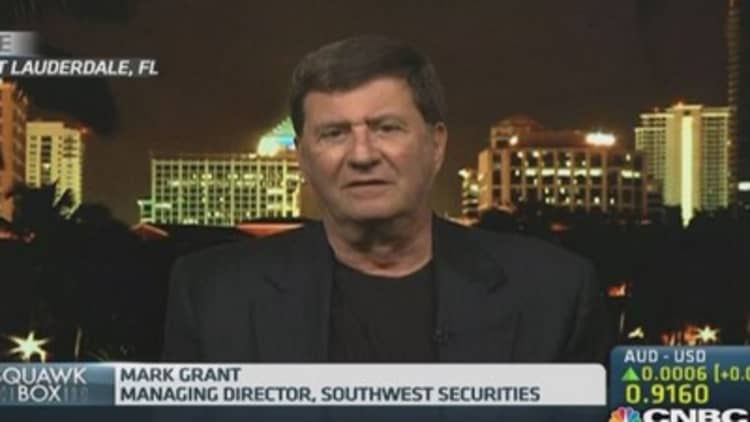One of the world's best-known billionaires has waded into the Scottish independence debate, as the world's 42nd largest economy suddenly shifts to the top of the business world's agenda.
George Soros, who famously made his fortune betting against sterling, wrote in the Financial Times that this was the "worst possible time" for Scotland to think about leaving the Union. He argued that the impact on the U.K.'s international standing would be huge, and called for "increased unity."

Of course, the average Scottish voter neither knows nor cares who George Soros is. The 10 percent of voters identifying as "undecided" ahead of next Thursday's vote on whether Scotland should leave the United Kingdom (according to the latest Survation poll) is unlikely to be swayed by another wealthy non-Scot's thoughts on the topic.
In the event of a vote for secession, there is likely to be a significant period of economic uncertainty. The Yes campaigners believe that the issues involved with decoupling from the U.K. should be solved within 18 months.
Mark Carney, governor of the Bank of England, warned that an independent Scotland would face a massive shortfall in its currency reserves, if it wants to keep the pound – and that this could mean "real fiscal costs" such as tax rises or cuts to spending.
The economy is far from the only factor in this case.
One of the ongoing themes around this debate is just how wrong the U.K.'s London-based elite, both Scottish and non-Scottish-born, have got the issues.
Prime Minister David Cameron's appeal to the Scots to not vote yes because they are "fed up with the effing Tories" (i.e. because of his Conservative Party's lack of unpopularity in the country) on Wednesday marked an attempt by the old Etonian to engage with ordinary Scottish voters. It may be too late.
The announcement that both Lloyds and Royal Bank of Scotland (RBS) have set up plans to relocate their headquarters to England in the event of a Yes vote (as they would have to under European Union laws) may focus attention on the potential consequences for employment.
RBS, which has been based in Scotland since its inception nearly three centuries ago, plans to "retain a significant level of its operations and employment in Scotland."
- By CNBC's Catherine Boyle





